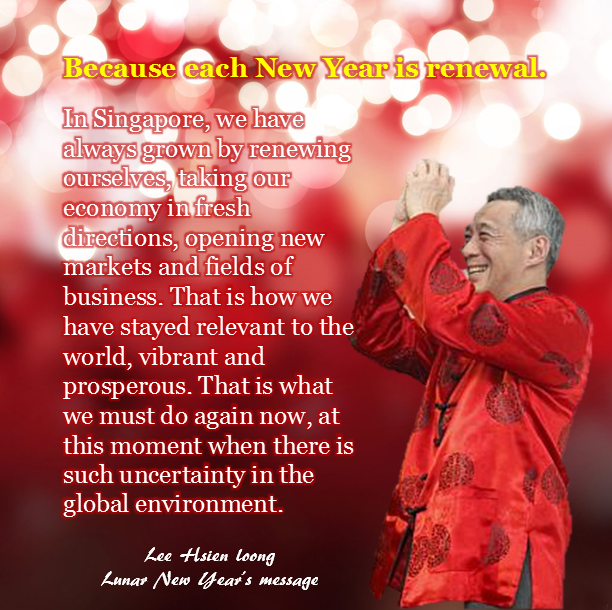The world is at a turning point, with the fundamental rules of global order set to change on a scale not seen since the end of the Cold War, Defence Minister Ng Eng Hen said.
The Cold War, which ended more than 25 years ago, pitted communism against capitalism, a clash Dr Ng described as "one of the greatest conflicts of ideas in human history".
...
Today, it is the rise of marginal political groups amid the shifting of longstanding international alliances.
He was speaking to students at the Yale-NUS Asia Pacific Model United Nations conference organised by Yale-NUS college's students.
What holds for their future is uncertain but there are three faultlines that will determine the outcome for the world in the coming decades..
These are: globalisation versus nationalism; global rules versus the regional order; and collective good governance versus individual rights.
"The tension at these faultlines, these competing themes, is under severe pressure. If the plates buckle, social and political tsunamis will be created and we will have to live with the changes."
People around the world are increasingly sceptical of globalisation.
Global trade has created wealth and brought down poverty levels for many countries. But some communities also see globalisation as the reason for the loss of jobs and rise in immigration.
Even the US, which is the "de-facto champion of globalisation", is not immune from such stress, he said, as whole manufacturing cities in the "Rust Belt" region that used to be industrial hubs have gone into decline while wages have remained stagnant.
While many studies show that countries that take in migrants reap overall benefits, "it's very hard to convince a worker who has lost his job of these benefits", he said.
These developments in part explain the British vote to leave the European Union and US President-Elect Donald Trump's victory, Dr Ng added.
Two, the global world order underpinned by the US as the leading superpower is under challenge.
With the rise of big countries such as China, India, and Indonesia, the global system governing trade and security may change in a multi-polar world, he said.
Three, the rise of populism, which will give greater attention to individual interests over the collective good.
This will cause domestic politics to become polarised, as political parties campaign on the interests of different groups, hoping to win the popular vote by slim margins or through coalitions.
The price would be an ever-shrinking common space, Dr Ng said.
Amid these changes, Singaporeans have to ask themselves several QUESTIONS, he added.
These are: How do we keep Singapore relevant and ensure good jobs here for Singaporeans? What roots us even as more opportunities increase for our younger generation overseas? How does a small state like us help shape the world we live in? What role can we play? How do we avoid the divisiveness that "populism" brings in its aftermath?
Responding to them will require the next generation to make wise and enlightened decisions that will help ensure Singapore's place in the 21st century, he added.
http://www.straitstimes.com/singapore/world-at-inflexion-point-not-seen-since-end-of-cold-war-says-ng-eng-hen?utm_campaign=Echobox&utm_medium=Social&utm_source=Facebook&xtor=CS1-10#link_time=1484305557











